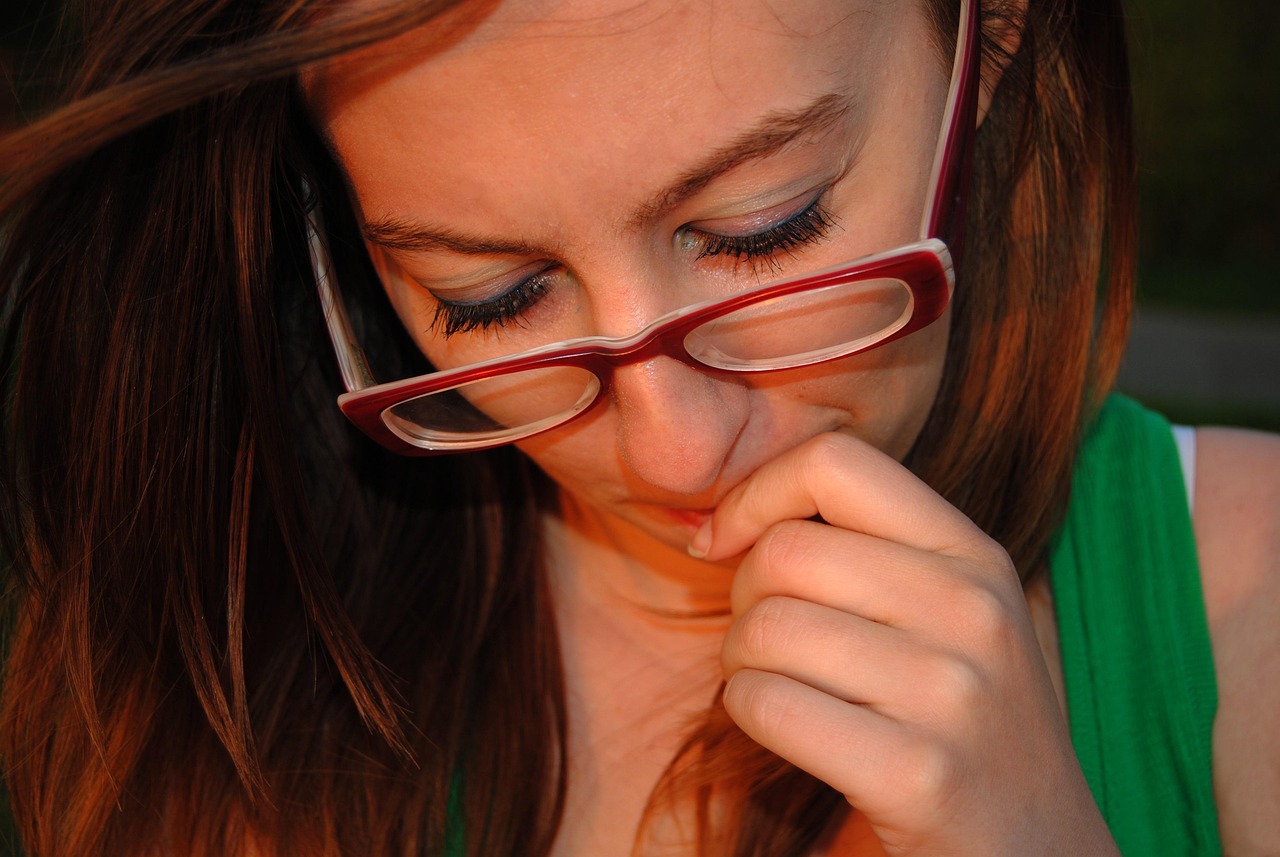Tag: Feng Shui
-

Feng Shui: Self-analysis.
Taking into account the Chinese New Year of the Fire Horse, which begins on the 17th of this month (Feb). The only real way to get to know yourself is by letting earth’s energy (C’hi) into your everyday life… C’hi will help make you become honestly aware of your good and poor traits, your natural…
-

Feng Shui: When?
When are you going to reset your life and future? So many people wait for months, even years sometimes before they get around to calling in a certified feng shui consultant to help them get their life sorted out, or they may not start to study feng shui that can help them settle and be…
-

Feng Shui: Why?
Why should you not plan for your future? All the good things you can have and achieve in your life… If you are finding it difficult to think of all the things you would like to do and accomplish, why not let feng shui help you. Here are some ways to help you focus, when…
-

Feng Shui: Where?
Where would you like to be or doing a year from now? It’s never too early to make plans for yourself, which might include your family and friends perhaps… Don’t just make any old, vague plans, like – I would like to do this or that, or I wished I could be here or there,…
-

Feng Shui: What?
Feng Shui: What? What do you intend to do with the life you are leading at this moment in time? Feng shui can help you without a doubt. When looking at your lifestyle, there are always points and traits that can be re-balanced for your own benefit. If you found it hard to study your…